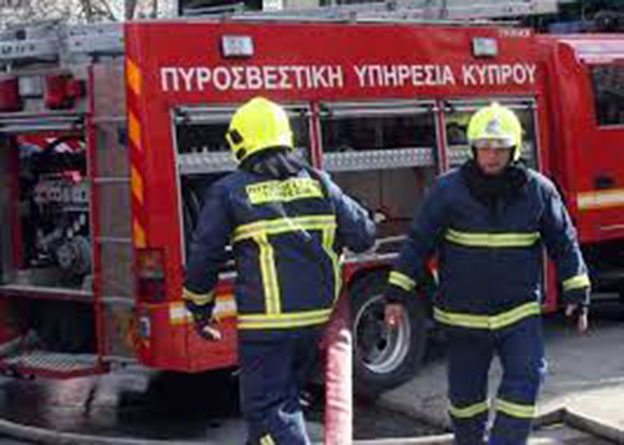There was no need for the planned protest organised by police and firemen of the public employees’ union Isotita on September 23. On Thursday it was announced that finance minister Constantinos Petrides had given assurances to Pasydy, the Cyprus Police Association and the Cyprus Firemen’s Association that the pay scale upgrades had been agreed upon.
The new arrangements, which envisage an upgrade of every position by one level, would be included in the 2023 state budget. Entry level wages would also be increased, said the announcement. The unions thanked Petrides, the permanent secretaries of the finance and justice ministries, the chief of police and the team that carried out the studies which corroborated the need for the upgrade. They also thanked Disy leader Averof Neophytou for “the fruition of this effort.”
It is difficult not to link this decision to next February’s presidential elections. Negotiations about the matter had been going on for some years inconclusively, so what better time to satisfy those firemen and police, on the lower pay-scales, than a few months before the presidential elections, with one of the candidates playing a part in the agreement being reached.
This agreement illustrates how we have ended up with unproductive public employees being paid significantly more than productive private sector employees; those who contribute to the country’s wealth creation are rewarded significantly less than those who produce nothing but enjoy iron-clad job security, shorter working hours, longer holidays, big pensions and no performance evaluation. Because their unions know when elections approach they can pressure politicians to give in to their pay demands.
Until the late seventies the average private sector office job paid better than the public sector, but people chose the latter for job security and an undemanding work life. Things have since drastically changed with public employees now having the best of both worlds – better pay plus benefits.
It’s therefore no surprise that police and firemen, below a certain rank, will all be placed on a higher pay-scale and that entry-level wage will be increased. The government increased the entry-level wage for nurses a few years ago, on the grounds that they now had a university degree, even though they would still do the same work. The irrationality is that entry-level wage is increased, without any economic justification – huge numbers apply for jobs in the public sector, even on low starting salaries.
This election-driven irresponsibility of politicians ensures the continuous increase of the public sector wage-bill and creates distortions in the labour market, offering big rewards to the least productive workforce members.







Click here to change your cookie preferences